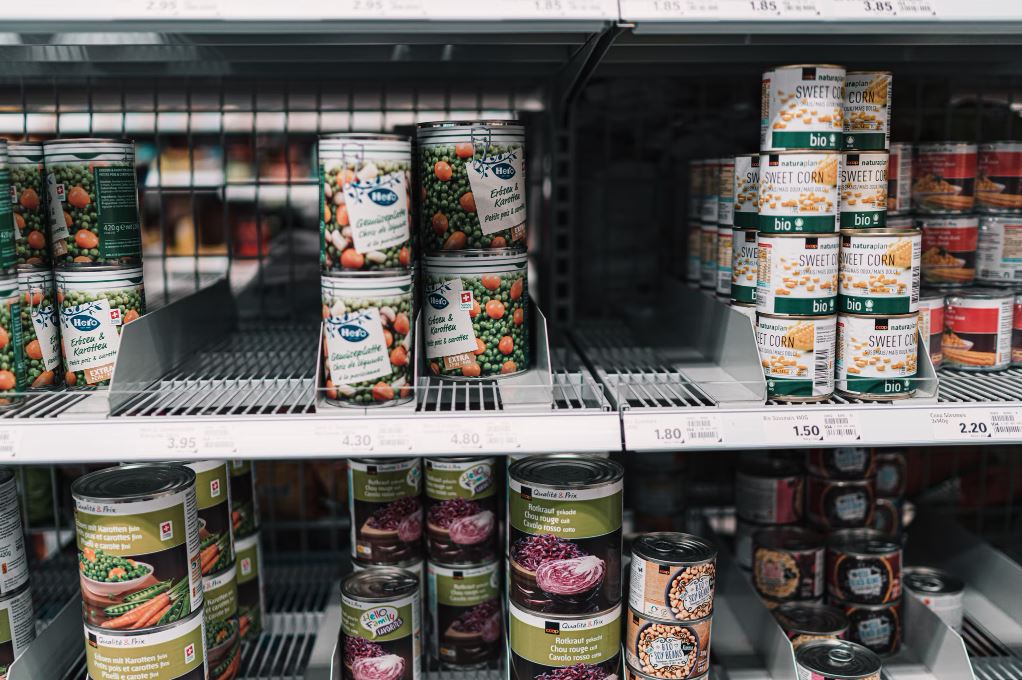
Being fruit doesn’t automatically make it healthy.
As someone who is cripplingly incapable of good cooking, canned food is vital. It lasts a long time, it doesn’t need to be prepared, and you can get just about any kind of food from it. While canned food admittedly isn’t the peak of good health, it’s still more than possible to get your vital nutrients from it. However, there is one particular stratum of canned food that, while pleasant as a treat, should be avoided from a nutritional perspective: canned fruit.
Many commercial brands of canned fruit come pre-sliced and suspended in some kind of fluid to keep it preserved longer. Nine times out of ten, this fluid is a chemical syrup. Syrup does keep the fruit preserved, and even maintains its sweet taste, but it also absolutely floods the fruit with extra sugar. You may think just because it’s fruit, it doesn’t matter what it’s preserved in, but I can assure you it very much does. A sliced peach, for instance, naturally contains about 13 grams of sugar. That same peach, when preserved in syrup, rockets up to 45 grams of sugar. All that extra sugar can wreak havoc on your body’s chemical balance, not to mention that this stuff is so insanely saccharine, I can’t even eat it.
Obviously, it’d be preferable to eat your fruit fresh, but then you lose the benefit of a can’s long shelf life. The compromise is to check the can’s ingredients before you buy it. Not all canned produce is preserved in syrup; some of it is preserved in simple water, which cuts out the majority of that extra sugar. The secret words are “no added sugar.” If you’re going to eat canned food, whether because you can’t cook like me or the power’s gone out, you should at least opt for the healthiest options available.




